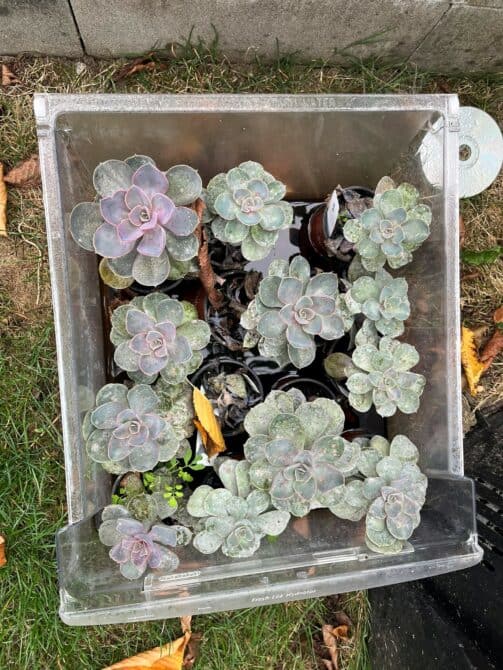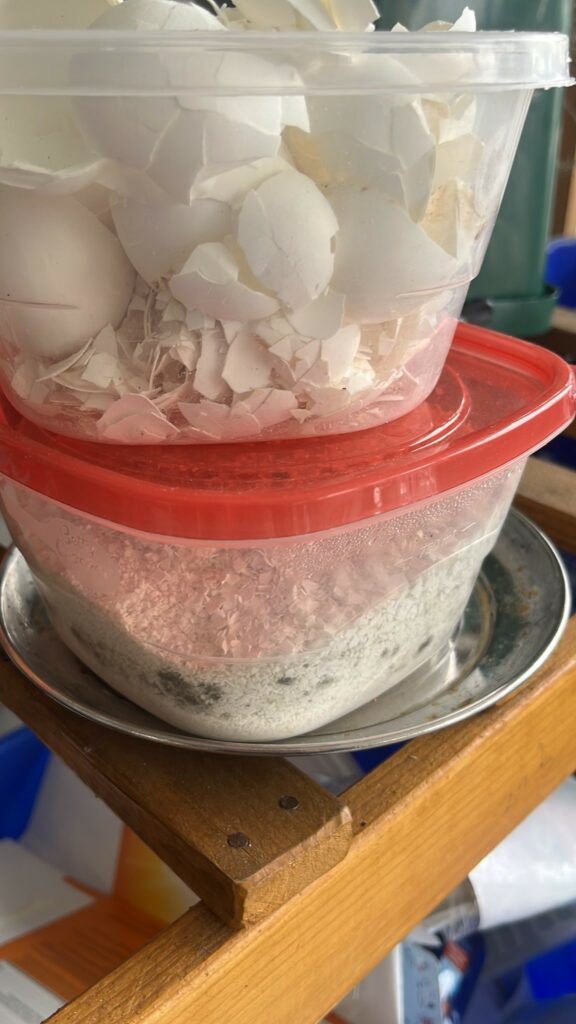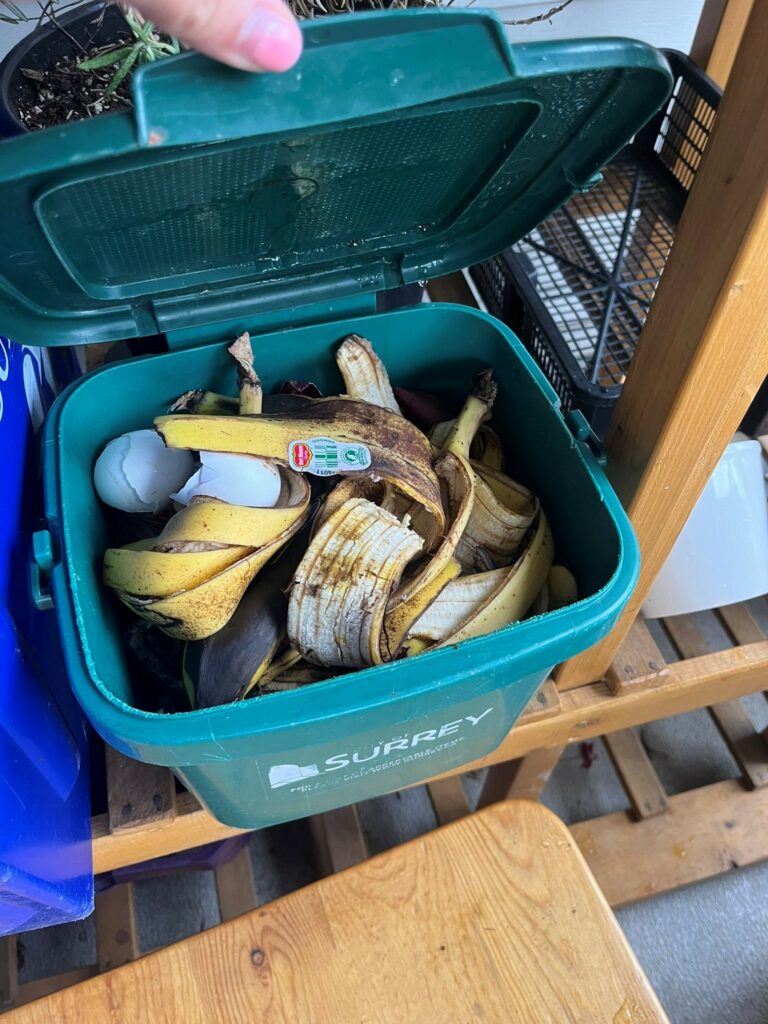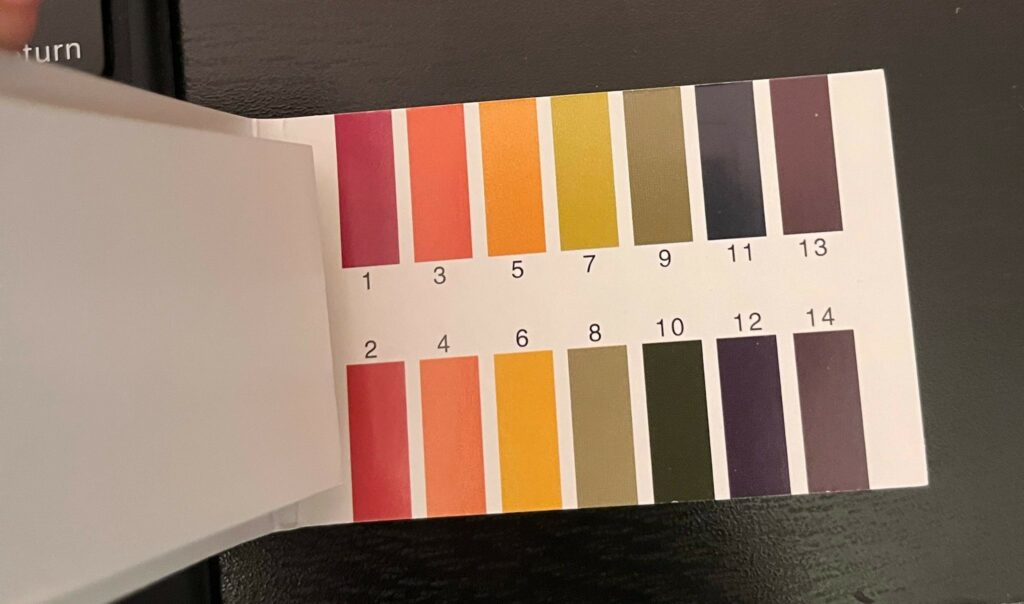Sustainable Fertilizer Alternative
So many fertilizer alternatives but which is the best? Jeevan wanted to find out!

Project Details
Jeevan was very passionate about the effects of agriculture had on the environment. She realized how harmful some constituents of fertilizer were to the environment, so she set out to experiment to find out the best environmentally friendly alternatives
Project Description
Jeevan’s Ocean Service Project encompassed her idea of creating an organic fertilizers since the effects of fertilizers offset acid rain. However, most fertilizers contain chemicals that lead to tons of various other issues such as the pollution of ground water and eutrophication. Jeevan got right to work, experimenting with easy to find and readily available materials at home such as coffee grounds and egg shells. She would measure growth on the plants over the course of several weeks. It was after all these experiments that Jeevan realized she could use fish bones and fish meal as an alternative as she made the connection between how salmon carcasses are discarded by bears in forest ecosystems which help cycle nutrients. Jeevan conducted her experiments on succulents and despite failed runs due to summer heat and use of overly acidic ingredients, she was able to collect data. She used watering methods that allowed max absorption of the fertilizers solutions (bottom watering), and used pH strips to monitor the pH to ensure that she was still accomplishing a basic pH. Jeevan concluded her project with lot more answers for her curiosity as she found that combining basic compost with fish bones and meal were the most successful and had the least amount of drastic pH change. Her ocean service project taught her that if we change our perception of clean from minimal to natural we’ll be able to use much more sustainable methods of fertilization which will ultimately lead to much cleaner water ways along with the combat of acid rain.





